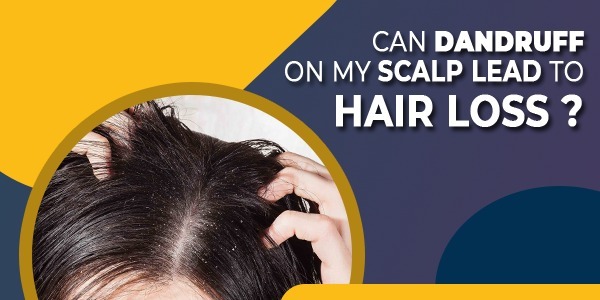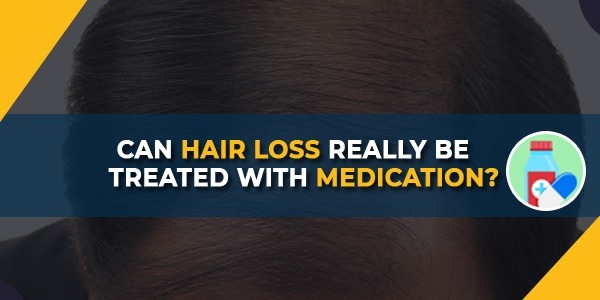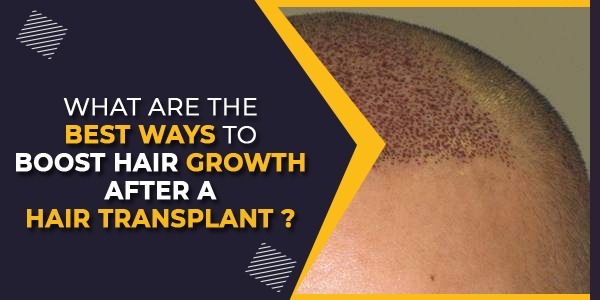Can Dandruff On My Scalp Lead To Hair Loss ?
Dandruff is a skin condition that causes flaky skin on the scalp. On your shoulders, this skin frequently flakes off and leaves behind white flakes. Dandruff can also lead to hair loss in some people. Is it dandruff’s fault? Dandruff, in most cases, is not directly associated with hair loss. On the other hand, the […]
Can Dandruff On My Scalp Lead To Hair Loss ? Read More »



